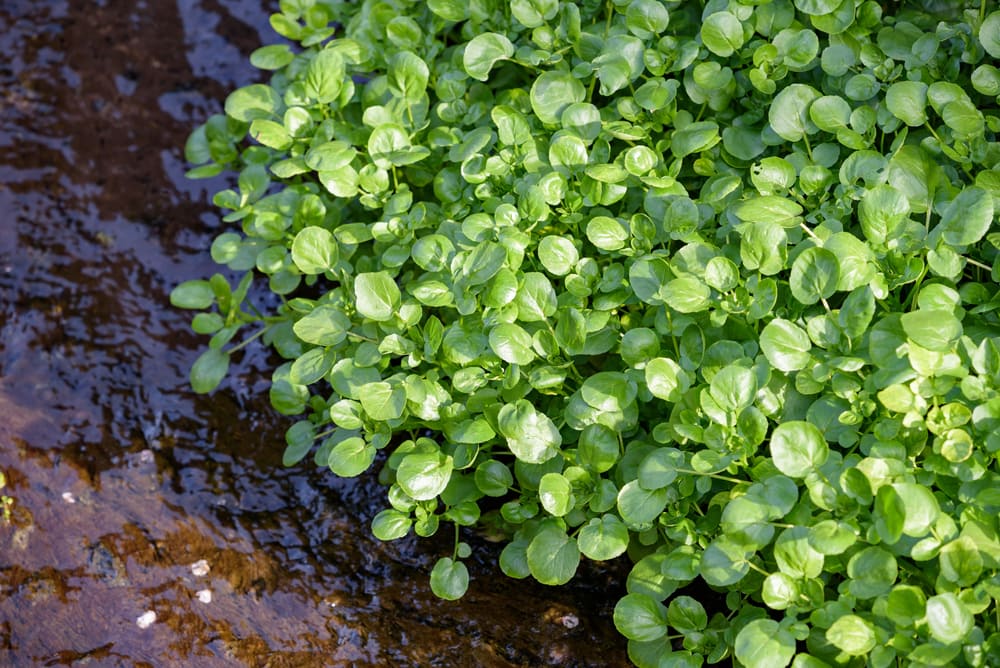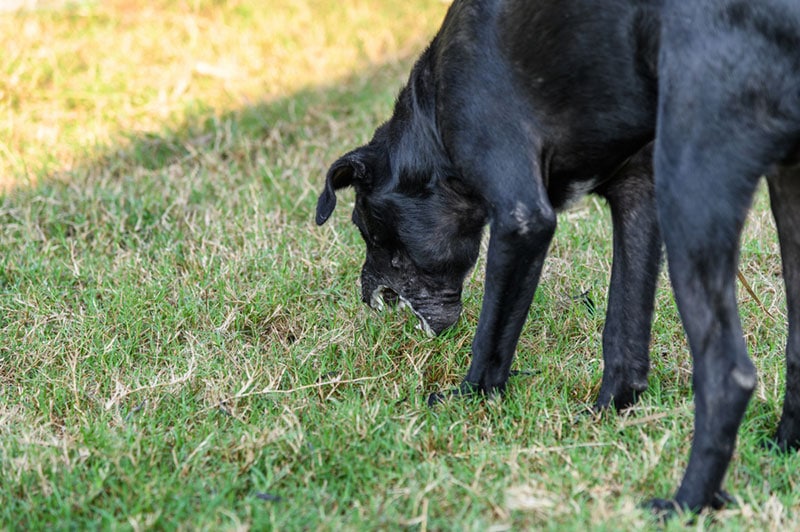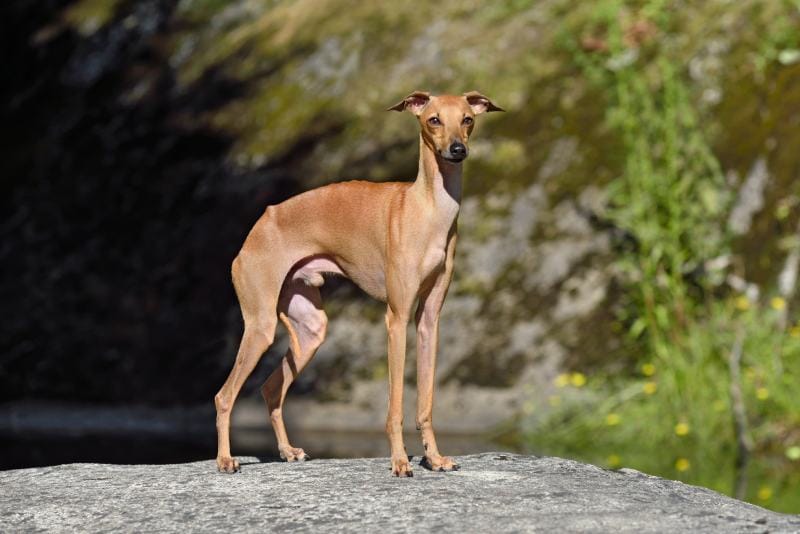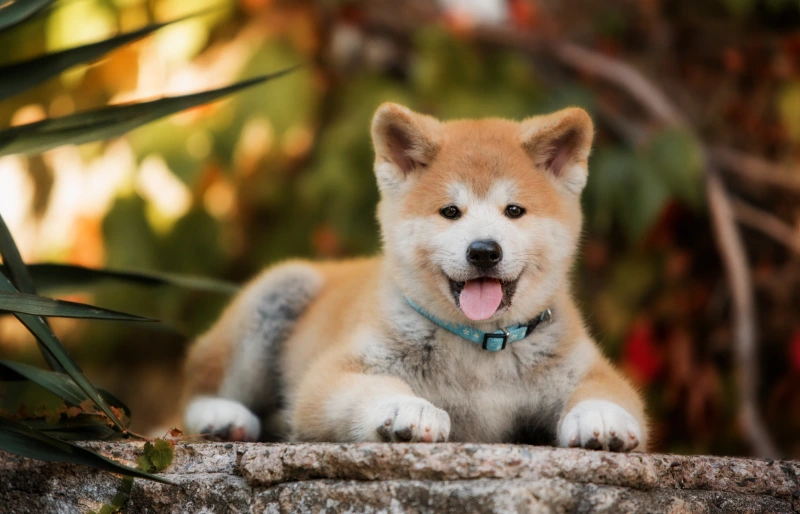Can Dogs Eat Watercress? Health Concerns Reviewed

Updated on

Watercress shows up in dips, salads, soups, sauces, and sandwiches, but is it safe for our dogs to eat? No, watercress is not safe for dogs 1. While it isn’t overly toxic, it causes digestive issues for dogs. If wild watercress is fed to dogs, there are even more severe risks that you need to be aware of. So, let’s examine why watercress is unsuitable and what you should do if your dog eats it.
Why Can’t Dogs Eat Watercress?
Watercress is used in food flavoring for humans and dogs, which might seem confusing as we’ve already mentioned it is unsuitable for dogs. However, only trace amounts are in dog food because large quantities can cause significant gastrointestinal issues in your pup.
Why Wild Watercress Is Particularly Dangerous
Although keeping store-bought watercress away from your pet is simple, wild watercress is another matter. If you encounter a watercress plant outside, extra precautions must be taken to keep your dog away from it. Not only will there be potentially harmful bacteria and parasites to be mindful of, but it’s generally found in watery areas throughout the U.S., where water hemlock also grows, which is extremely toxic.
This means it will be fatal even in small doses since watercress generally soaks up compounds from the surrounding water, which includes toxins. The toxin becomes concentrated in the plant and can kill dogs if they consume it.

What Should You Do If Your Dog Eats Watercress?
Watercress may cause diarrhea, nausea, and vomiting if they eat enough. If you’re worried, contact your veterinarian for advice and monitor your dog for signs of an upset stomach. If they have eaten a large amount, your vet may recommend that they be brought in for treatment or monitoring.
If your dog has eaten wild watercress you should contact your vet and the Poisons Hotline for guidance. If you can, get some photos of the area where they found the watercress, as well as the surrounding vegetation, as this can help your vet decide on what to do. If you identify any potential toxic plants, make a record of them for your vet.
It is always a good idea to familiarize yourself with any bodies of water around you, finding out if there are any algal blooms or hemlock in the area. Blue-green algae, for example, can be fatal to dogs, and water hemlock is highly toxic; even one leaf can be fatal. Be mindful of your surroundings and take extra care if you’re cooking with watercress and your dog is nearby.
If your dog experiences signs of an upset stomach, like nausea, vomiting, or diarrhea, take them to your veterinarian. If you witness your dog eating wild watercress, contact your vet immediately. Dogs with a weakened immune system are particularly at risk of thyroid or kidney damage.
Final Thoughts
Dogs should not eat watercress. Although it isn’t specifically toxic, it can cause adverse reactions like nausea, vomiting, and diarrhea. If the watercress grows wild near a pond, your dog might be at even more risk depending on what is growing nearby. Watercress can soak up toxins and bacteria from hazardous species like water hemlock and blue-green algae and can harm, or even kill your dog if they consume an affected plant.
Featured Image Credit: Picmin, Shutterstock













